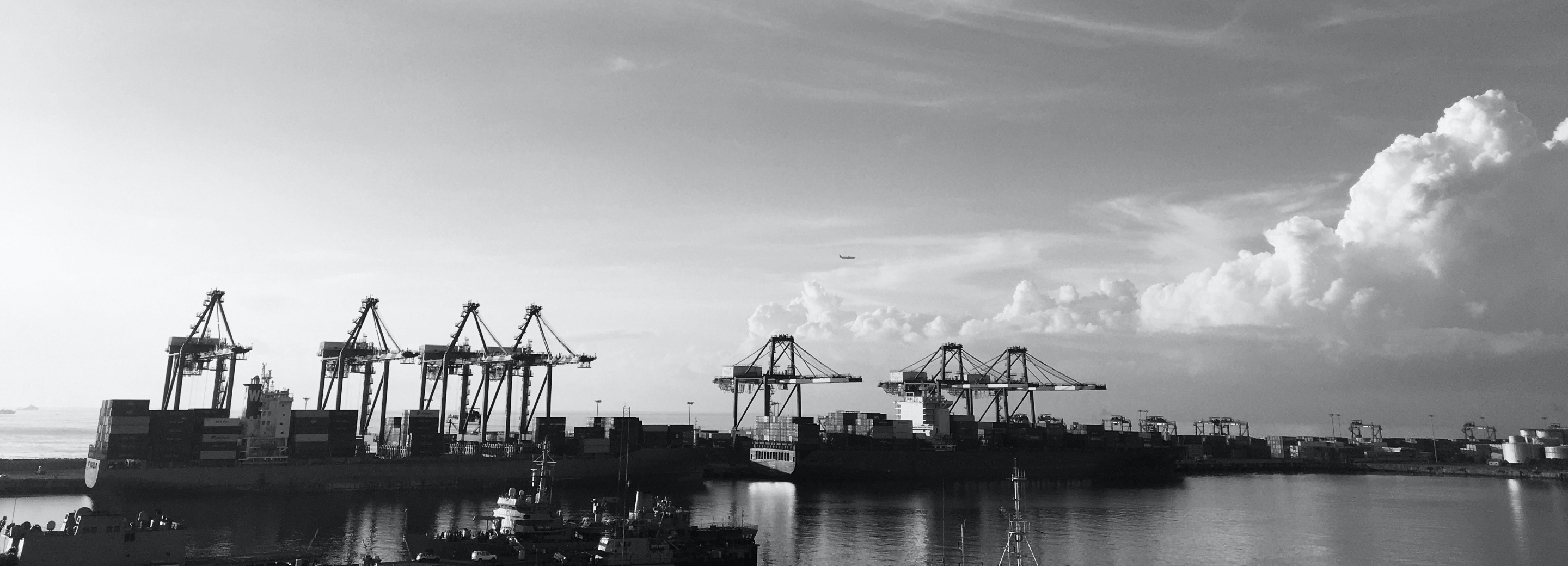
Twenty activists from 14 countries came together in Johannesburg last week to determine the next steps in the fight against climate change. Participants at the meeting, which ran from 31 October to 1 November, agreed that the labour movement must move quickly to lead the way in the transition to a lower-carbon economy.
The United Nations Intergovernmental Panel on Climate Change (IPCC) this year confirmed that global warming is man-made and has worsened considerably since 2007. Energy consumption plays a big part in this decline - and the transport sector is one of the biggest consumers of energy globally.
However, activists agreed that environmentally friendly policies should be good news for the transport sector. For instance, public transport is preferable to private in limiting carbon emissions, which could dramatically boost job creation in the public transport sector.
Activists also agreed that we must take a whole economy approach to tackle climate change. The current global economic model focuses on economic growth regardless of environmental, societal or labour impacts. Climate change is a systemic issue, and unions must work with broader social and environmental movements to be effective.
Asbjorn Wahl, chair of the ITF climate change working group, said: “We’ve done a lot to mitigate climate change, but the IPCC report in September shows that we must step up our efforts. We must educate our leaders on climate change if we really want togive it sufficient priority in our unions. We also need to target our youngworkers. Now is the time for high ambitions, goals and demands – and the labour movement can lead the way to a greener, safer future.”
Find out more about the ITF’s climate change work at www.itfclimatejustice.org
